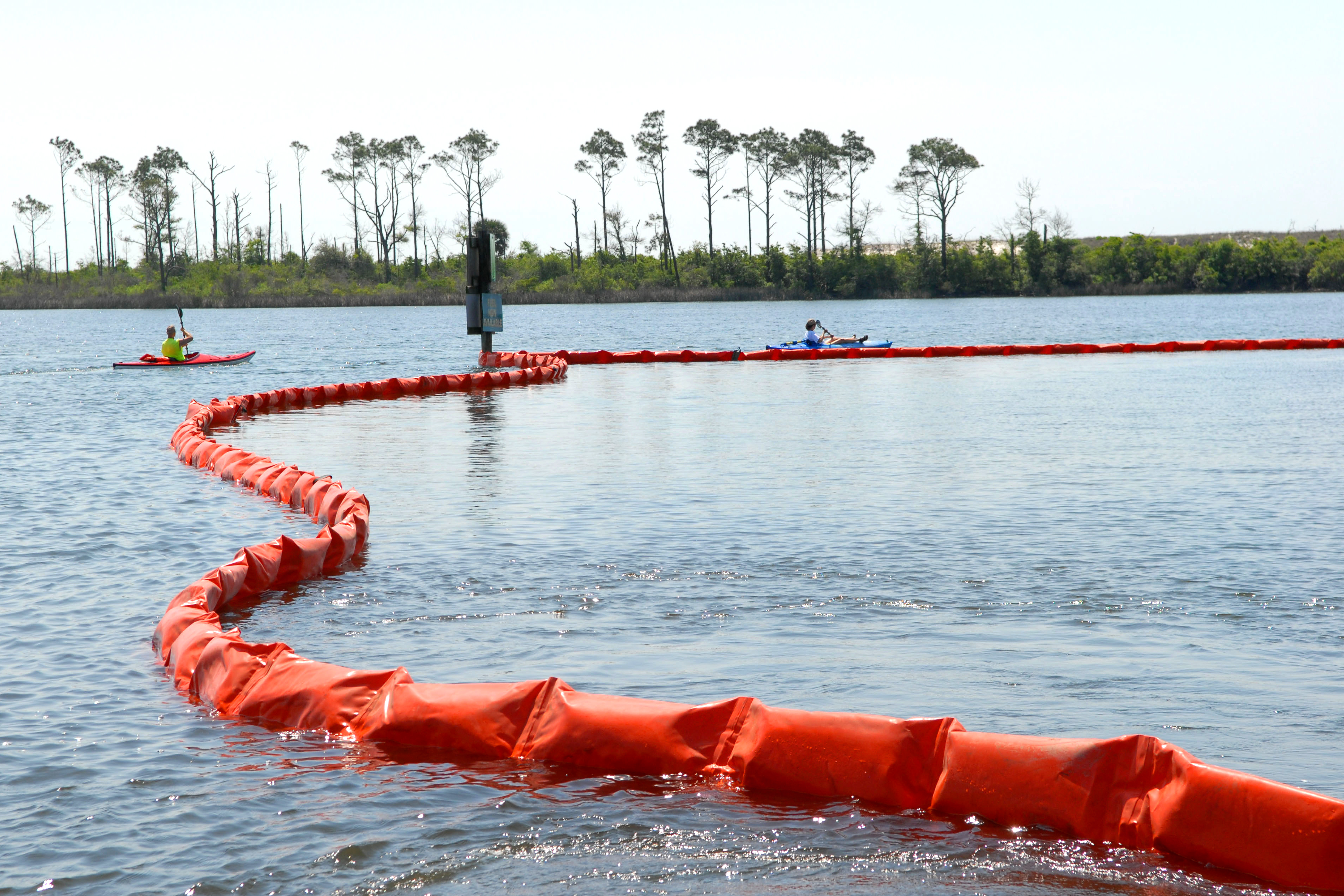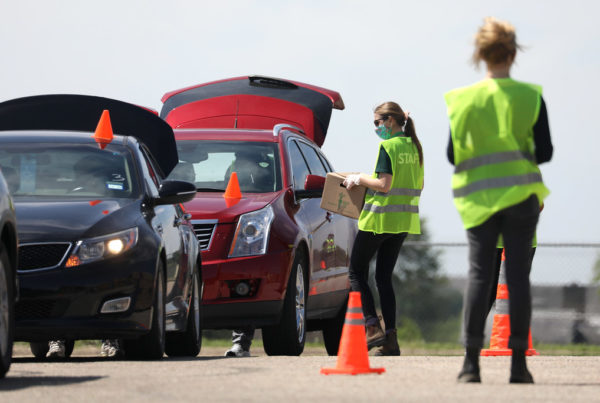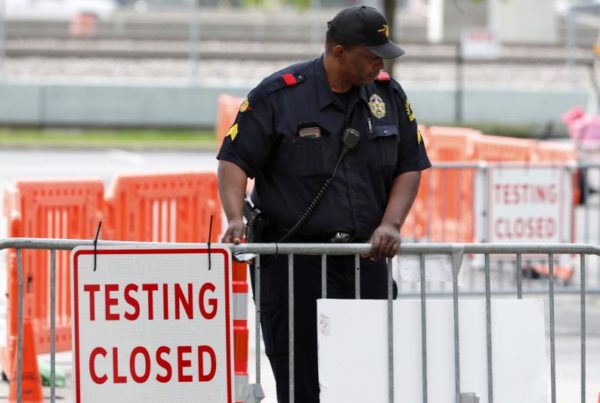Ten years ago this week, the BP Deepwater Horizon oil rig exploded off the United States Gulf Coast. The explosion led to one of the worst environmental catastrophes in U.S. history, with 5 million barrels of oil leaking into Gulf waters over several weeks. And it was dangerous; 11 people died and 17 were injured.
The spill’s long-term environmental and economic effects are still being evaluated.
Loren Steffy is a writer for Texas Monthly and author of the 2010 book, “Drowning in Oil: BP and the Reckless Pursuit of Profit.” In an interview with Texas Standard host David Brown on Tuesday, Steffy said even 10 years later, there’s still debate about how to best regulate offshore drilling. There are likely “lingering effects” that have yet to be measured, he said, and safety measures that still need to be considered.
“What we have never really looked at after the [BP] disaster was, are we taking the right approach to regulation?” Steffy said. “Do we need a … different approach like what they have in Europe?”
As a company, BP struggled in the aftermath of the disaster. But it had the financial resources to ultimately stay in business, as well as to help repair damage from the spill and to give financial benefits to those affected by it.
What you’ll hear in this segment:
– Whether coastal communities have recovered from the spill
– What regulations are being considered to prevent a future disaster
– How BP has managed to stay in business
Web story by Samantha Carrizal.
If you found the reporting above valuable, please consider making a donation to support it here. Your gift helps pay for everything you find on texasstandard.org and KUT.org. Thanks for donating today.















